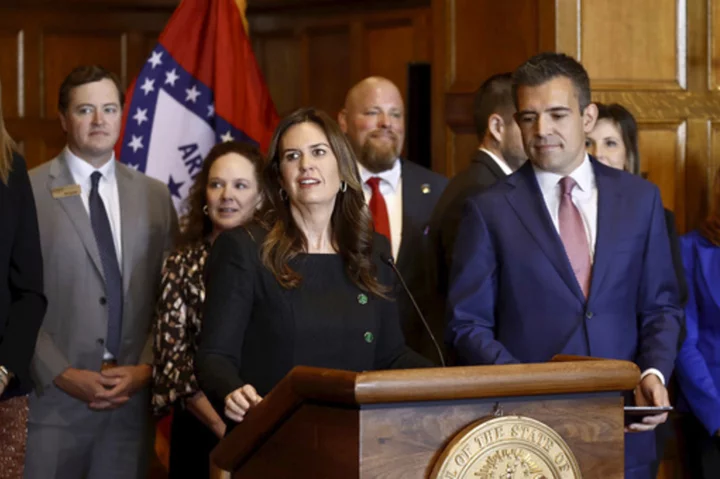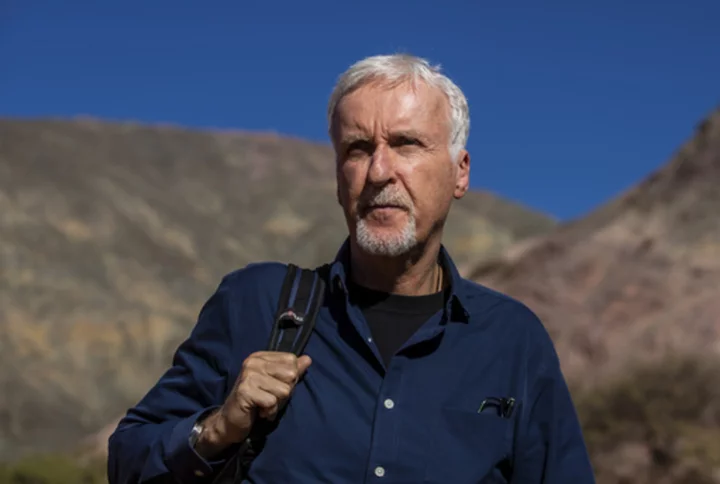By Trevor Hunnicutt
WASHINGTON (Reuters) -Restrictive abortion laws in states like Alabama are harming the U.S. military's ability to retain service members and impacting morale, the White House said on Monday as the administration sought to increase pressure on the Senate over the issue.
U.S. Senator Tommy Tuberville, a Republican from Alabama, is blocking more than 250 U.S. military appointments over the Pentagon’s abortion policy, which provides paid leave and reimbursement costs for service members who must travel to get an abortion.
National Security Council spokesman John Kirby told reporters he recently spoke with active-duty members, including some spouses, who told him that restrictive abortion laws in many states are impacting their willingness to continue to serve in the military, although he did not provide any specific numbers.
He noted that those who volunteer to serve in the military do not get to pick where they are ultimately stationed, including bases located in states with restrictive abortion laws.
"So if you don't think there's going to be a retention and morale issue, think again, because it's already having that effect," Kirby told a news briefing.
The military is already shuffling staff to fill top leadership roles amid the ongoing Senate hold, while President Joe Biden's nominee for Joint Chiefs of Staff chairman told the Senate last week Tuberville's blockade would force the military to "lose talent."
Abortion restrictions in Alabama and a number of other states have grown since the U.S. Supreme Court struck down Roe v. Wade last year, ending nearly 50 years of federal abortion protections.
(Reporting by Trevor Hunnicutt and Jarrett Renshaw; editing by Jonathan Oatis and Susan Heavey)









